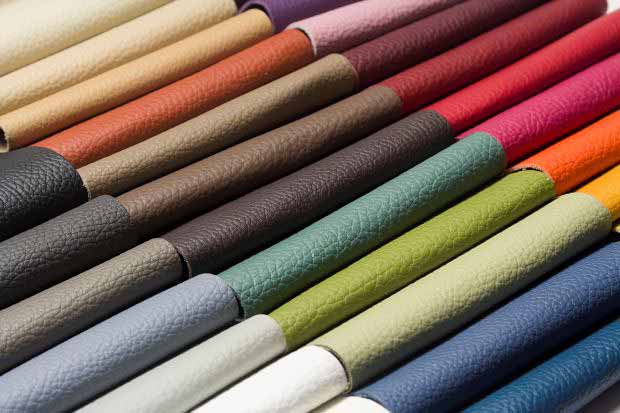April 26, 2024
Comment: Tapestry-Capri Case in US Could Hinge on Definition of Luxury Handbag Market
MLex
The merger of Tapestry and Capri Holdings hit a snag after the U.S. Federal Trade Commission filed a lawsuit on April 22 to prevent the M&A transaction. The merging parties are challenging the Commission’s legal action to save the deal, particularly challenging the FTC’s “accessible luxury” handbag market definition (comprising such brands as Coach, Michael Kors, and Kate Spade, as opposed to other European high-luxury brands).
In an article published by MLex, Nelson Mullins partner Andrew Lee weighed in on the case and observed that the strength of the FTC’s case will largely depend on how well the agency presents evidentiary indica (including pricing disparity, discounting practices and frequency, and targeted consumer demographics) on market definition that separate the “accessible luxury” from “high-end luxury” goods. Lee, a former FTC attorney, told the publication, in part:
“If the aggregate competitive data underscore a huge gulf between the accessible luxury on one hand and true luxury on the other hand – with few alternatives in between, then even if the court were to adopt a more traditional market analysis, I think the agency could have a viable antitrust case…What they characterize as indicia of head-to-head competition [between the merging parties] could just as easily be indicia of different product markets between accessible luxury and true luxury.”








